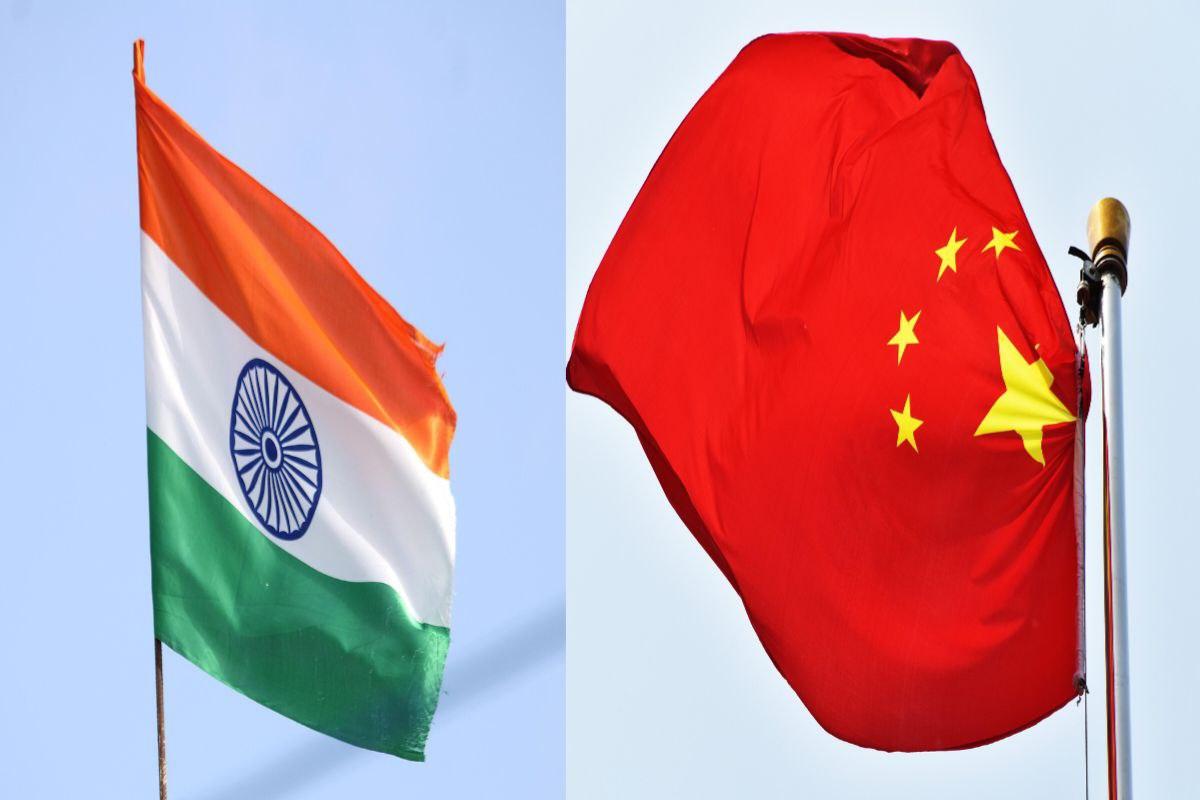
Tensions between China and India have flared once again, this time over the issue of the 14th Dalai Lama’s successor. The spiritual leader of Tibet recently hinted that he may select his successor while he is still alive, setting off a strong reaction from Beijing. This development has reignited the long-standing debate over who holds the authority to decide the next Dalai Lama — a question that is as much political as it is religious.
China, visibly rattled by the Dalai Lama’s statement, asserted that the selection of the next Dalai Lama must be subject to approval by the central government in Beijing. The Chinese government argues that the reincarnation process must comply with historical customs, religious rituals, and the laws and regulations of the state.
Reacting to this assertion, the Indian government issued a firm and unambiguous statement. Union Minister for Minority Affairs Kiren Rijiju stated that the selection of the Dalai Lama’s successor is solely the prerogative of the Dalai Lama himself. He emphasized that no external interference in this deeply spiritual and religious matter can be accepted.
This Indian response clearly upset China, which retaliated with a warning against what it called India's interference in Tibet-related matters. Chinese Foreign Ministry spokesperson Mao Ning criticized India’s stance, reiterating that the so-called Tibetan government-in-exile is nothing more than a separatist political entity. According to her, it has no credibility and often fabricates rumors and lies about Tibet.
Mao Ning further claimed that the reincarnation of the current 14th Dalai Lama was also approved by the Chinese central government at the time, and thus, future successions must follow the same protocols. She stressed that the next Dalai Lama should be chosen in accordance with religious traditions, historical practices, and Chinese laws.
She added that China hopes India fully understands the sensitive nature of the Tibet issue, recognizes the separatist tendencies of the 14th Dalai Lama, and honors its past commitments regarding Tibet. The Chinese spokesperson also urged India to act cautiously in its words and actions concerning Tibet, and to refrain from interfering in what China considers its internal affairs. She concluded that such interference could harm the improvement and development of Sino-Indian relations.
This confrontation is not merely about religious succession but has evolved into a political flashpoint between two major Asian powers. While India has consistently upheld its policy of supporting religious freedom and Tibetan traditions, China perceives any external commentary on Tibet as a threat to its sovereignty.
As both nations continue to strengthen their strategic positions in the region, the Dalai Lama succession debate could become an even more sensitive and polarizing issue. For India, standing by the Tibetan community and their spiritual leader has long been a matter of principle. For China, however, it's a question of authority and territorial integrity.
With geopolitical stakes running high, the world now watches closely how India and China navigate this delicate but crucial issue. Will the disagreement deepen the existing cracks in bilateral ties, or will diplomatic maturity prevail?
What do you think India should do in response to China’s stern warning? Let us know in the comments.
Disclaimer:
This article is based on publicly available reports and official statements. It does not reflect the personal views of the author or the platform. The content is intended for informational purposes only and should not be interpreted as political commentary or endorsement.




